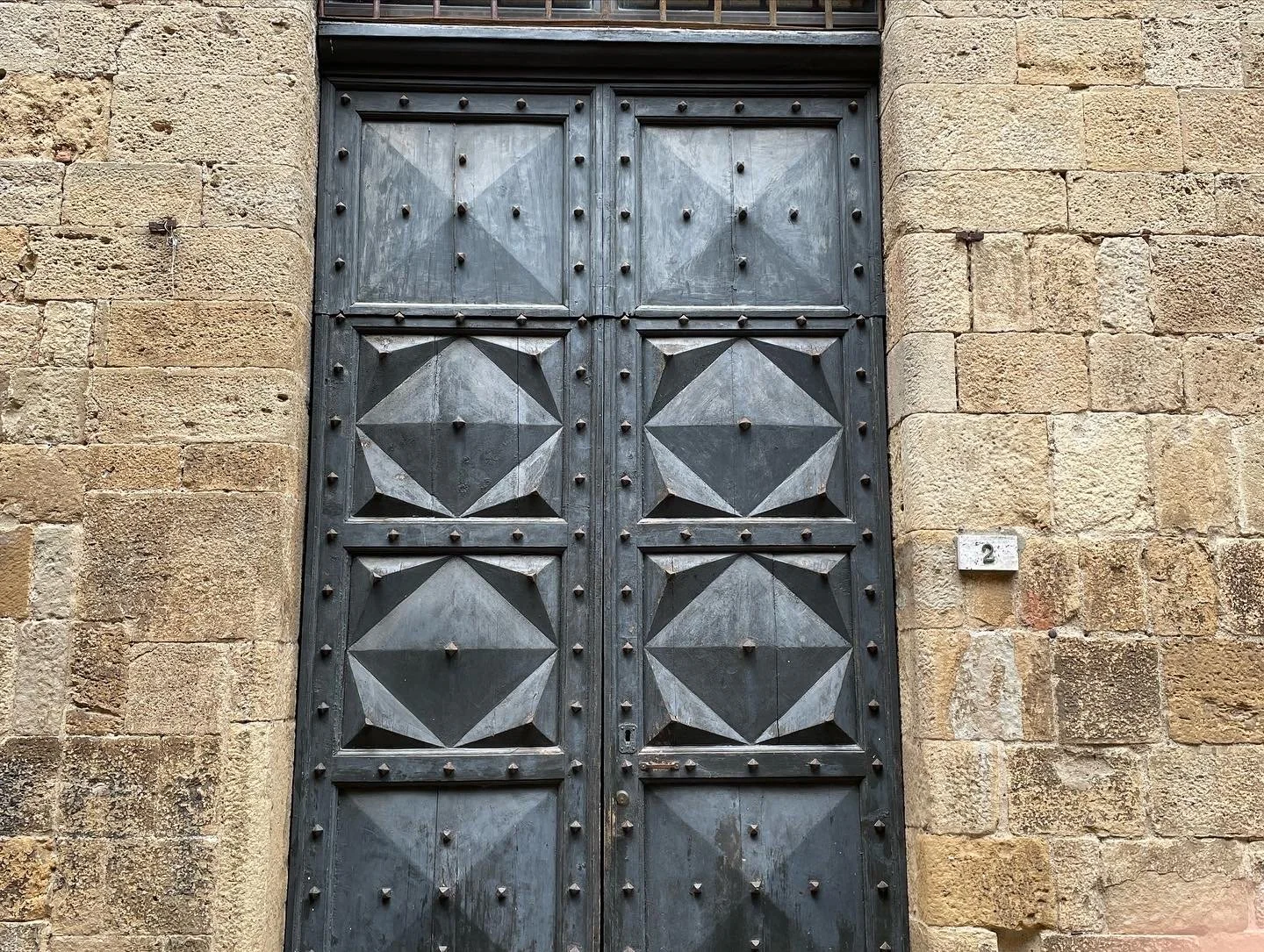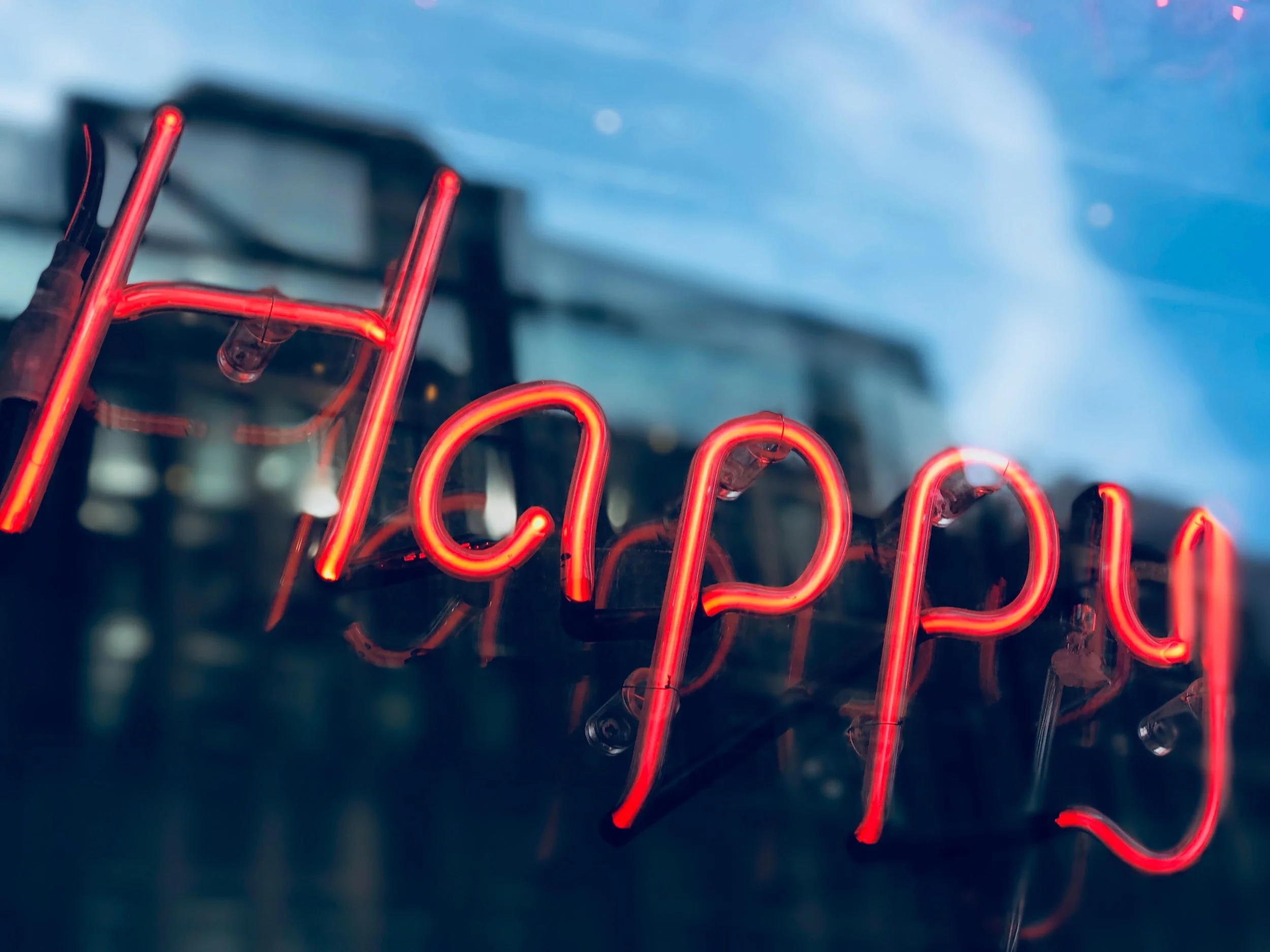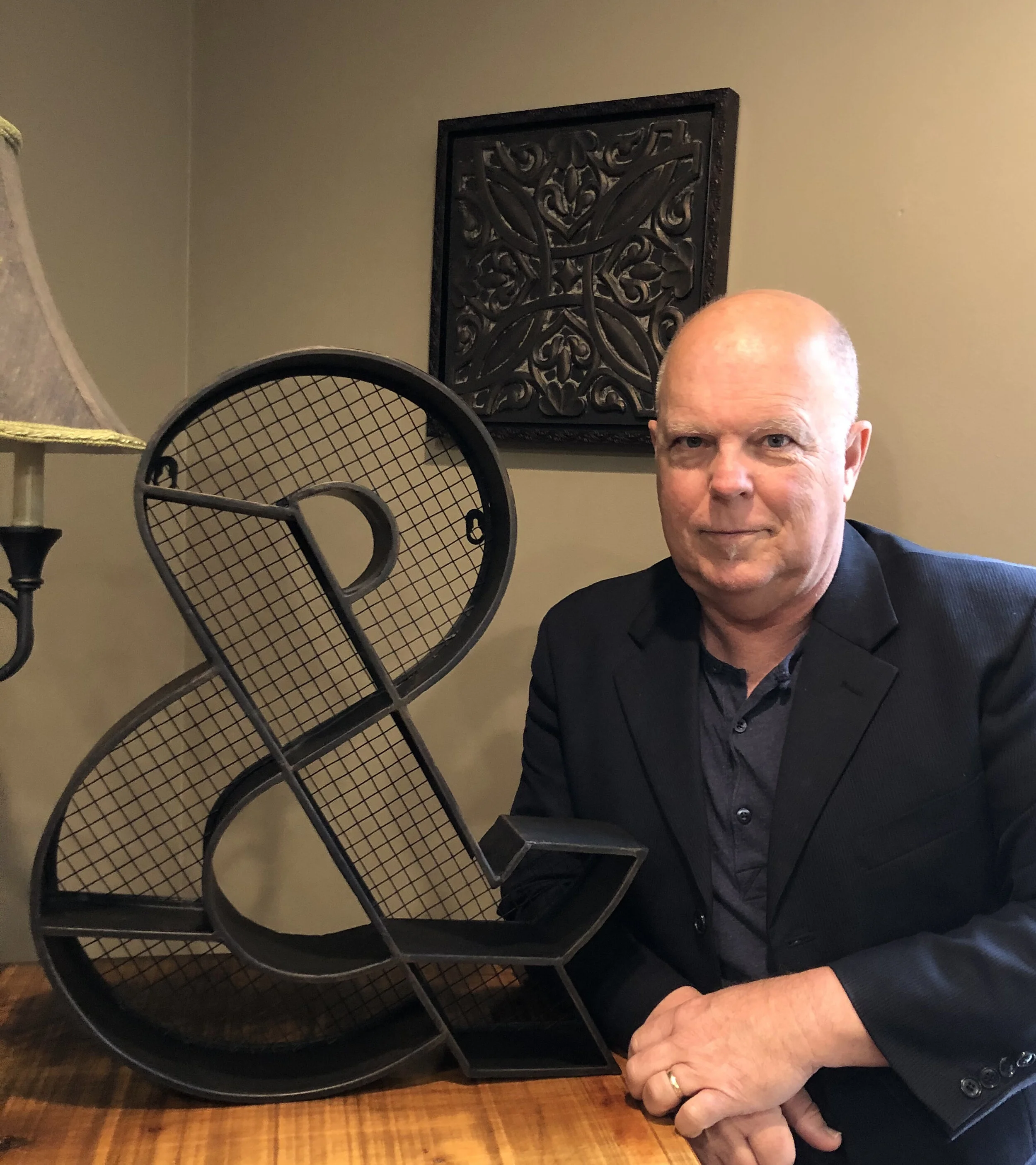Very few of us would argue with the idea that we're shaped by our culture. Just ask the parent of a kid who spends hours and hours playing video games. And why do we feel the need to dress in style? Where did the phrase "You do you" come from? Culture is based on ideas. And these ideas had to come from somewhere. At some point, someone had an idea rooted in a value -- something they considered important and worthy of devotion.
Jill Biden and Breakfast Tacos
I imagine you heard the story on the news: First Lady Dr. Jill Biden was speaking at a gathering of UnidosUS, a large Latino advocacy group, meeting in San Antonio, Texas.
A Reflection on the Olympics Opening Ceremony
So this week, one year later than planned, the Tokyo Olympics kicked off. If you want to see David Durham turn into a total softy -- if you want to see my heart warmed and my spirit energized -- show me a combination of the beauty of nations and cultures coming together expressed through creativity and innovation.
Got the cockroach?
What makes a country "happy"?
In case you missed it, March 20 was the annual International Day of Happiness. This little-publicized event was established by the UN in 2006, but the first International Day of happiness was first celebrated in 2013. It coincides with the World Happiness report…and guess which country came out on top…again.
Dancing Goats and Praying Monks
From everywhere and nowhere
My Flaws Are Showing!
For years I've been telling people why I love the word "sincere" so much. As the story goes, in medieval Europe, a potter or sculptor would use wax to cover over any flaws in the vessel or sculpture once it was dry. Being a language freak, I was fascinated to learn that "sincere" meant "without wax" -- "sin" ("without" in Spanish) "cera" ("wax"; "cire" in French). Being truly sincere is being "without wax", with no attempt to cover one's flaws. What you see is who I am.
Not a pretty name!
And you thought jeans were American!
One year I decided to visit a small museum in the Ardèche area of France which documents much of the history of the Huguenot community there. One display featured a mannequin family of Huguenots, all dressed, to my surprise, in blue denim. It was a bizarre juxtaposition of what looked like 80's stone-washed denim set in the 17th and 18th centuries.
The Power of the Ampersand
Eating Italy
My Defining Moment
Can you look back at a single moment or experience that set the tone for the rest of your life? Not everyone can point to something that dramatic, but I'm fortunate enough to be able to say I can. Sure, there have been many defining moments in this full life of mine, but I'd like to tell you about one that actually helped determine its course.
Bagpipes in Bethlehem
If you're aware that the birthplace of Jesus is now part of the Palestinian Territory -- therefore Arab -- you'll be forgiven for being surprised to see a host of Arabs parading through the Bethlehem streets playing bagpipes.
A Sacred Cow: to change or not to change
Why Travel is Far from Frivolous
Some of my favorite moments as a tour leader are watching the expressions of our travelers as they first encounter some of these wonders. There is a particular corner where I like to skip ahead just a little so I can savor the expressions as the group rounds the corner and sees the magnificent Eiffel Tower towering above them in all its glory.
An Unforgettable Journey
It was our privilege at World to the Wise Cultural Tours to partner recently with Journey Arts Collective in Brentwood, Tennessee to create a very special experience for a group of ten creatives from the greater Nashville area.
Led by Australian Brett Mabury, whose home town of Perth is where I started school as a five-year-old, the Journey group consisted of writers, poets, photographers, songwriters and musicians. At each stop along the two-week journey, Brett had prepared meditations and exercises for reflection that enhanced the already impacting experience of some of Europe's richest sights.
We began the adventure in Paris. Yes, we did take in many of the obligatory landmarks, but we also left space in the schedule for the travelers to explore on their own -- or sit and reflect or create. Our time also included a day trip to the Norman village of Giverny, where renowned impressionist painter Claude Monet made his home and painted his famous gardens for 43 years. We also enjoyed an evening with other creatives from the Paris area who are part of their own arts collective called La Fonderie.
Next stop was Lausanne, Switzerland, where I lived on two separate occasions for a total of six years. The weather that greeted us was unusually, incredibly mild and sunny, and we couldn't resist spending time by Lake Geneva (Lac Léman to the Lausannois). Over a traditional Swiss fondue in a restaurant overlooking the
lake and the Alps beyond, my good friend Luc Zbinden shared with the group a little about Swiss culture and the challenges facing today's Switzerland. The next evening was spent with yet another group of creatives, this time hosted by Psalmodia, a music school with multiple locations in Switzerland and France and where I taught voice at one time.
We then made our way by train to the Italian region of Tuscany, a land that has become dear to my wife and me over the years. We base ourselves at a retreat center a half hour's drive west of Florence, hosted by the Ammirabile family and the caretaker, Luca. Staying here in the heart of the Tuscan countryside, with home cooked meals and warm conversation, affords an experience that is simply not possible staying in a hotel in a city where we know no one. We make day trips to places like Pisa, the Tuscan hill towns of Volterra and San Gimignano, and of course the heart of the Italian Renaissance, Florence. Whether taking in the artistic genius of the Renaissance artists or simply admiring the Florentine sunset over the Arno River from the overlook at Piazzale Michelangelo, one comes away with few words and lots of sighs.
Stereotypical Stereotypes
I was at a symposium last night on Russian-American relations moving from the Obama years into the Trump era. While most of Dr. Mark Katz's remarks and the questions asked of him centered on Trump and Putin's relationship and speculation about what that might look like moving forward, one question was asked that got me thinking about stereotypes. The question was something to the effect of, "How fair is it for Americans and other Westerners to believe that Putin's strong man persona is representative of the Russian people and culture?" The question put its finger on a common and universal tendency: to assume that everyone in a given group or culture is the same. We would of course deny that we think in such base and ignorant terms, but most of us are guilty of this at one time or another.
In the case of Vladimir Putin, we might think that most all Russians only understand the language of power and force, as Putin's MO is widely believed to be. And it is true that there are many Russians who are glad to have a leader who stands up to the West and is committed to restoring Mother Russia to her former glory.
But there are probably just as many Russians who would like a "kinder and gentler" leader who doesn't enjoy provoking the West and suppressing dissent. The few Russians I know personally are kind, caring people who have mixed feelings about their president -- like most of the world feels about its leaders. Some will point out that Putin is a vast improvement over his predecessor, Boris Yeltsin.
We could think of other examples of stereotypes. Are all Germans super organized and efficient, with a hard exterior? Nope.
Are all Japanese workaholics? Nope. Not quite!
Are all Australians laid back? I don't think so, but I'm still looking for an uptight Aussie.
Aha. So here we see that there is often a kernel of truth to certain stereotypes. There is usually a reason why they were formed in the first place. The truth is that stereotypes can at times be useful, up to a point. If I were putting together an international team, I wouldn't be wrong to go to Switzerland or Germany to look for an administrative type, for example. International marketing firms will tell you that stereotypes based on studies and market research prove invaluable in their marketing strategies.
But stereotypes can just as often get us into trouble. Chances are, as soon as we allow the stereotype to take shape in our minds, one or more exceptions will present themselves.
In the current dialogue in the US about race, this is particularly dicey. It's a little too easy to assume all members of a certain race feel or behave the same way (racial profiling comes to mind). Polls and surveys and market research may help, but true understanding won't come until we sit down and listen to each other.
I'm going to have just such an opportunity on Jan 27, when I have been invited to moderate a round table discussion on the current state of race relations in the US, including in the American church. If you're in the Nashville area, we'd love for you to join us. Details here.
How to Turn a Vacation into a Pilgrimage
What comes to mind when you hear the word "pilgrimage"? Trekking your way over rugged terrain to reach a shrine? Traveling thousands of miles to meet up with thousands of other pilgrims at a particular time of year? Perhaps. But what if any time you stepped out of your zone of familiarity could become a spiritual experience? Here are some real life examples:
Happening onto a painting at the Musée d'Orsay that touches something buried deep inside you and leaves you filled and wanting more at the same time.
Wandering the streets of a medieval Italian town and stumbling across a secluded garden that feels like it was reserved for you.
Coming across a serene, blue glacier in the most utter silence you've ever heard, with not another soul in sight.
Sitting surrounded by the world's most beautiful stained glass and wishing you could know the king who commissioned it as an act of worship.
Sitting at a table with new friends and wondering how you could possibly have been there for three hours.
Climbing an extinct volcano in New Zealand and appreciating the challenge of the climb as much as the vistas from the summit.
A conversation with a stranger whose kindness cuts through the outer crust of your heart. You come to find out that part of his name means "peace".
Marveling at the mysteries of a lost civilization that left behind the glorious ruins where you now stand.
Being invited to share the meager rations of a refugee family who has lost everything, destroying and rebuilding your notions of hospitality and humility.
All of these, which I have experienced first hand, make the term "sightseeing" sound so mundane, so small. When you step outside to experience something or some place new -- even if it is one of the most touristy spots on the planet -- there are surely divinely orchestrated moments waiting for you.
Especially if you're open to them.
They can be little serendipities, or they can be moments of transcendence that alter your understanding of God.
We're planning a framework for late spring where such moments are sure to find you. All you have to do is show up.
Want to know more? Click here.
Cultivating Curiosity
We are all born curious. Show me a baby who isn't drawn to shiny objects or who doesn't believe everything is intended to be put in the mouth. Then the baby becomes a toddler and all of a sudden the entire house has to be childproofed. Everything at eye level is fair game to be explored and often dismantled.
As a young child, I was a voracious reader. We were living in Australia, where, at least at the time, there was no kindergarten like we have in the US, and children started right into Grade 1 at the age of five. I was already reading when I started school in Perth, and I remember my teachers scrambling to keep me stocked with books. Seems I couldn't get enough.
As I've written and spoken about before, we moved back to the US halfway through my fourth grade year, and on the return trip my senses were assaulted by the sights and sounds of exotic lands and foreign tongues. Once again, I couldn't get enough.
Then something happened.
The thing is, I don't know what. Somewhere along the line -- perhaps it was puberty -- I lost my love of reading and the curiosity behind that love. Up to that point I remember loving to read about all kinds of things -- I was simply interested in the world and everything in it.
By my high school years my interests had narrowed to two main areas: music and foreign languages. I excelled in all my subjects, but some of them didn't require that much effort. I was indeed hungry to make progress in my two chosen areas, but I don't remember deriving much satisfaction from anything else.
I'm sorry to say my college years were not much different. Music and foreign languages still dominated my brain space (foreign language eventually gained the upper hand) -- along with an overactive social life.
I was well into my years living in Europe that I began to really notice things. To pay attention to a broader array of areas, such as world events and how they affect each other. Or how math and science cannot be entirely separated from, say, music or philosophy, or even theology. In fact, this growing sense that all things are somehow connected has become a driving force in (re)shaping my world view. And my fascination with how other cultures live and think plays right into this.
In this season of my life, I consider it not only an important aspect of my life, but a calling, to somehow create sparks that trigger curiosity in others -- especially curiosity about people from cultures or experiences unlike ours.
Regardless of your political persuasion or the outcome of the 2016 US elections, we all must admit that, now, more than ever, we are in great need of regaining and fostering cultural curiosity. Just as I allowed my mind to become dulled by who knows what -- teenage preoccupations, then too many college friends (yes, I think that's possible), we can as adults allow ourselves to be lulled to sleep by the familiar. Falling asleep in our own echo chamber.
Is it possible to make someone curious? Perhaps, perhaps not. But just as a parent provides toys, activities and games that appeal to the innate curiosity of a child, we can most certainly make things available to whet the imagination of those who are asleep...while continually feeding the imagination of those who are curious.
Season 2 of the World to the Wise podcast aims to do just that. Stay tuned! If you're already a subscriber, we would appreciate your taking a minute to write a brief review.
What adventures has your curiosity led you to?






















